Our digestive system serves an important role with our bodily functions. It is significant in helping to feed the body, give energy and enhance metabolism. Many people tend to neglect these functions which is why we’ve put together this helpful article
What are the best practices to maintain your digestive health? Check out our simple guide below for all the details!.
1. Eating a high-fiber diet
Your lifestyle and your choice of food can affect the way your body digests what you eat. Drinking water, adding fiber, and exercising all contribute to better digestive health.
Consuming a diet that's high in fiber and rich in whole grains, vegetables, legumes, and fruits can help improve your digestive health. It has long been known that high-fiber meals are important for normalizing bowel movements, supporting good cholesterol and sugar level and aiding in achieving a healthy weight. If you’re just starting to include high-fiber meals in your diet, star off by increasing fiber gradually over a few weeks. This will allow the natural bacteria in your digestive system to adjust to the change. It is also recommended to drink plenty of water as fiber works best when it absorbs water, making your stool soft and bulky and more easily passable.
2. Say ‘No’ to Fatty Foods
Fatty foods tend to slow down the digestive process, making you more prone to constipation and other gut-related issues. Too much fat in your diet, especially saturated fats, can raise your cholesterol, which increases the risk of heart disease. By reducing the intake of fatty foods, it can help us manage our weight better and reduce our risk of chronic diseases in the long run.
3. Say ‘Yes’ to Lean Meats
Lean meats are meats with relatively low-fat content. Skinless chicken, turkey and red meat (in moderation), such as pork chops, with the fat trimmed off, are examples of lean meat. Lean meats are a good source of protein and have fewer calories than non-lean meats. Lean meats are popular among people following low calorie and low fat diets. They also have selenium which can help the immune system, Vitamin B3 or niacin which helps with the production of stress and sex hormones and choline which supports nerve function and the reduction of inflammation.
4. Incorporating Probiotics in your diet
Probiotics are live bacteria and yeasts that are good for your digestive system. Your body is full of bacteria, both good and bad. Probiotics are known as "good bacteria" or "helpful bacteria” because they help keep your gut healthy. These good bacteria help fight the bad ones which can normally produce gut issues. You can find probiotics in supplements and some foods, like yogurt, kimchi and sauerkraut. Doctors often suggest them to help with digestive problems. If you are aiming for better digestion and a healthy immune system, probiotics may be the answer.
5. Follow An Eating Schedule
When we eat at the proper, set times, our metabolism becomes more active. When we eat in between meals, our metabolism stagnates. Our digestive system is also not on-call 24 hours a day to receive and process nutrition. It is only active at certain times. You probably know people who eat plenty and do not gain weight even without excessive exercise or workouts. On the same note, you might probably know people who do not need to eat much to start gaining weight. Both of these situations are very common. This means that other factors regulate how we use and metabolize the calories we consume. You should also keep a record of when the best times for your body to consume food.
6. Water is the Key
Drinking plenty of water is good for your digestive health. Fiber pulls water into the colon to create softer, bulkier stools, allowing them to pass through more easily. When the colon lacks water, this may result in constipation and discomfort or worse, colon diseases. Regardless of how much time you spend exercising, if you’re water intake is insufficient , it will not take you to your fitness goals. It has been recommended to drink at least eight, eight ounce glasses of water per day.
7. Cease Bad Habits
In order to attain a more healthy digestive system, one should stop smoking and reduce excessive caffeine intake and alcohol. Liquor, coffee, and cigarettes may interfere with the functioning of your digestive system and lead to problems such as stomach ulcers and heartburn. Cigarettes do not only affect your respiratory system but all parts of your body and that includes your digestive system. Too much caffeine intake may also result in bloating and gut discomfort.
8. Give Importance to Daily Exercise
Exercise has long been known to help digestion. It raises your heart rate which reduces intestinal sluggishness by stimulating your muscles. This helps push digestive waste through your body. You may consider trying yoga poses or pilates which could also prove beneficial. Breathing exercises may also be helpful. There are certain breathing exercises you can practice to ensure healthy digestion, for instance,practicing deep breathing.
9. Stress is Your Greatest Enemy
When people overthink, it does not only affect their cognitive function but also the digestive system. This may be the reason why stressed people normally experience constipation and stomach ache. The toxins, as well as the bacteria, become more active. In more serious cases, stress may cause a decrease in blood flow and oxygen to the stomach which could lead to cramping, inflammation, or an imbalance of gut bacteria. It can also increase the chances of gastrointestinal disorders.
10. Take Supplements
Regardless of what practices are you planning to implement in your daily living, taking supplements can help with giving more power to your body to fight bad bacteria in the gut.
Nature’s Branch 50 Billion Probiotic is designed to help boost the immune system and improve digestion. It has a premium formula containing 15 beneficial strains and also comes with a prebiotic fiber to maximize absorption in the stomach. We have scientifically researched the perfect blend in order to help promote the growth of healthy bacteria in your colon and improve gut balance. Nature’s Branch Probiotic also contains 50 billion CFUs (colony-forming units) live cultures in each easy to swallow capsule for everyday usage - an advantage over many other probiotics. Let our Probiotic do the hard work - purchase your bottle now!
Your daily practices, what you eat as well as the quality of your digestive health are intertwined. Make sure to be particular with what you do and intake to achieve a life that is free from gut issues!
Which of these ways are you currently doing or planning to do? We would love to hear from you!


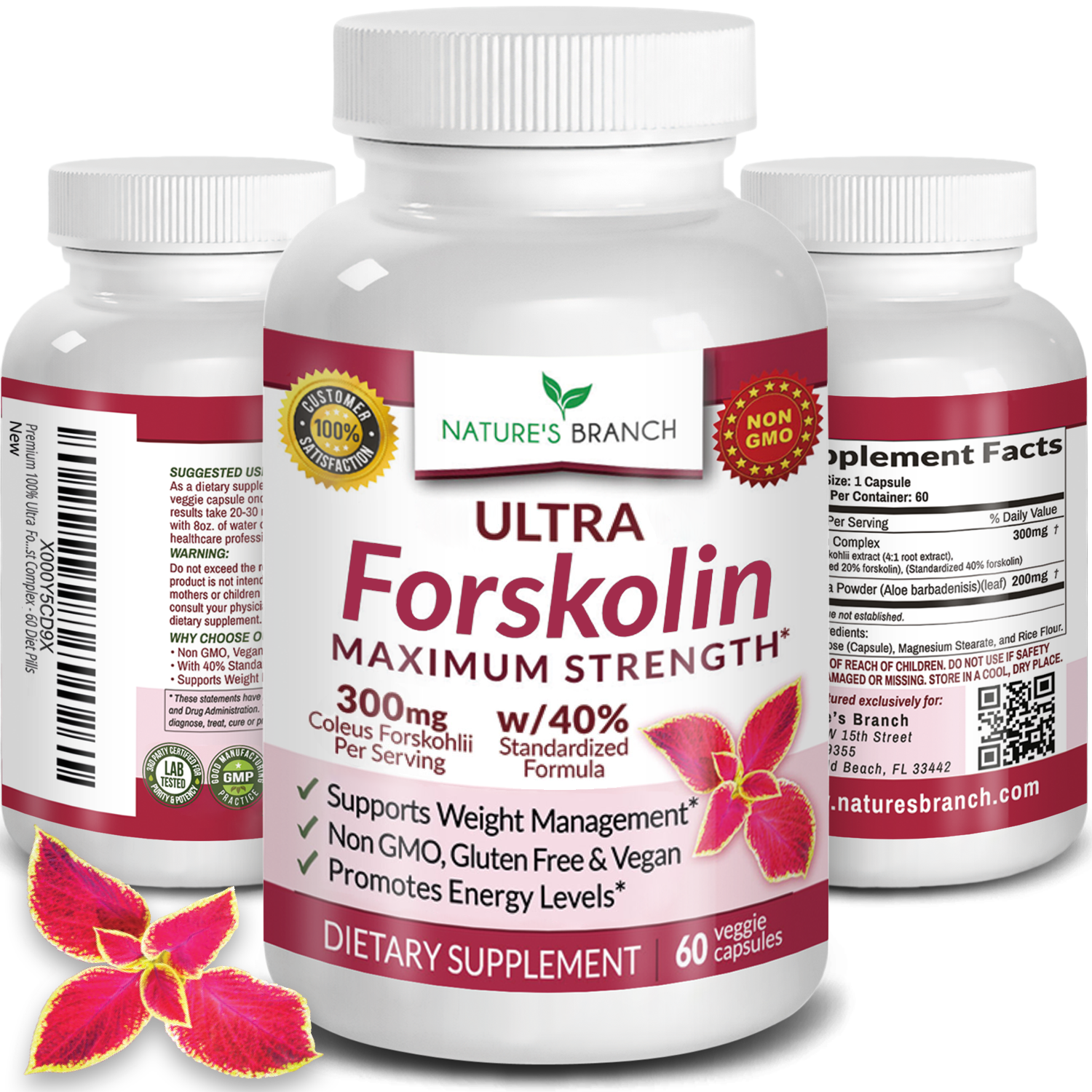
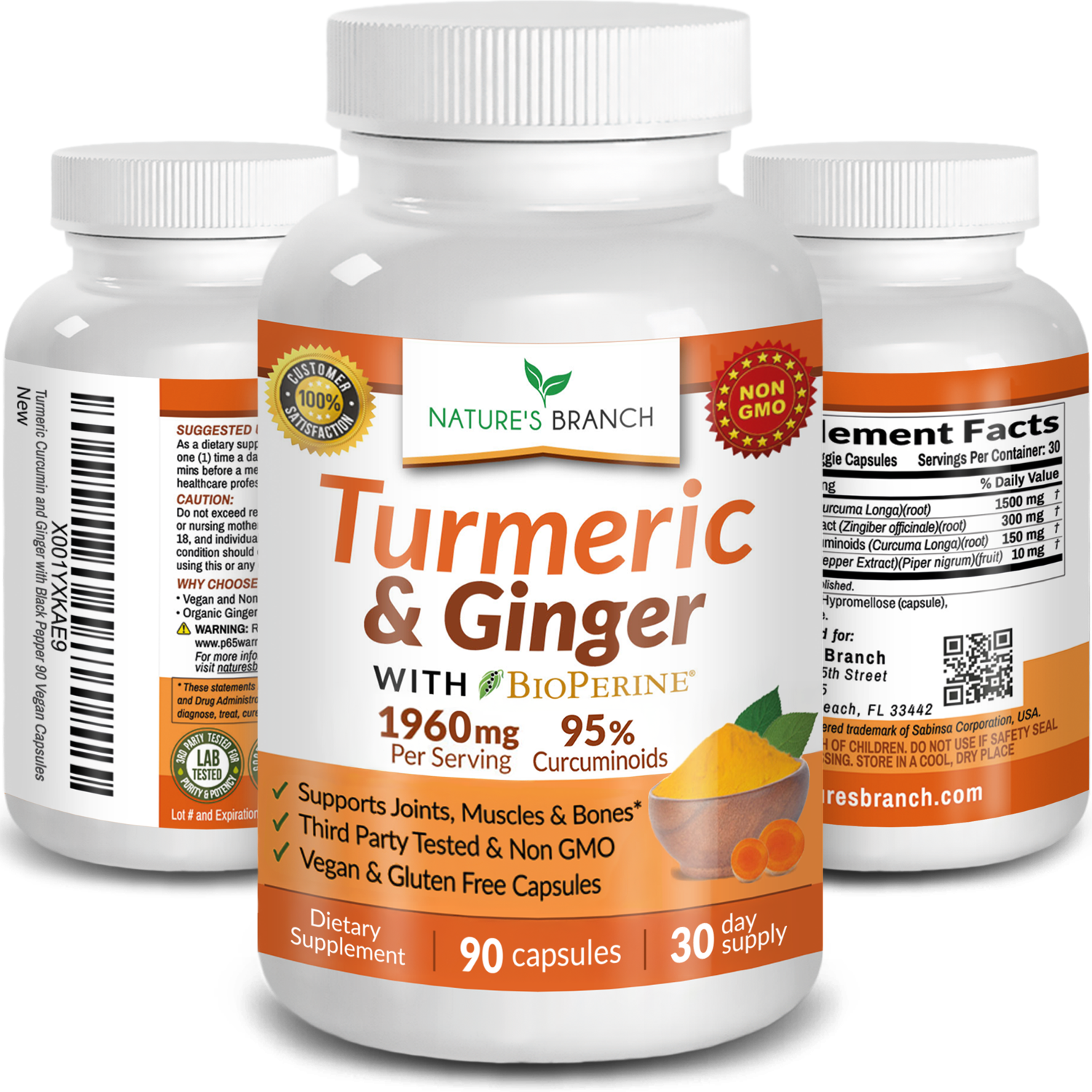
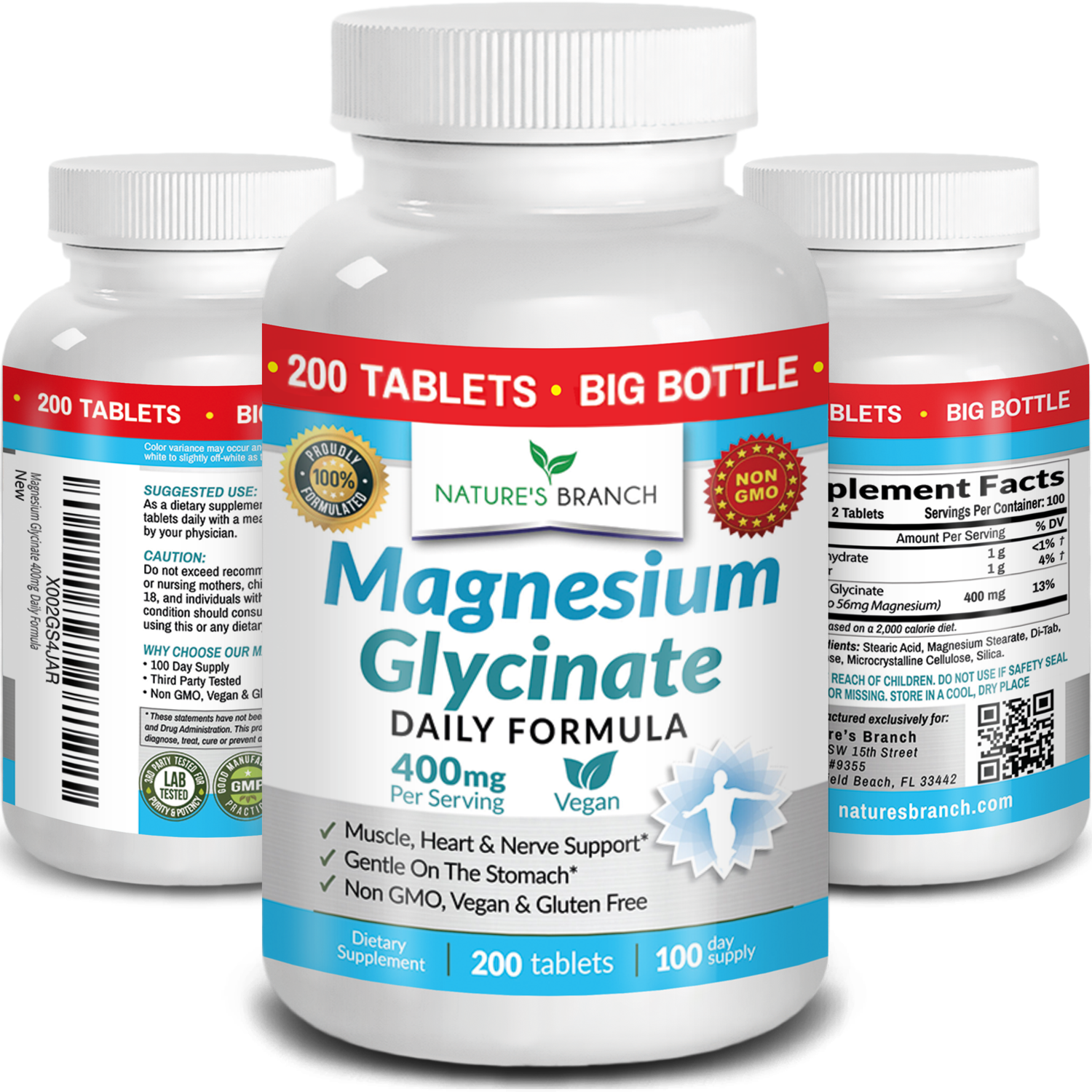
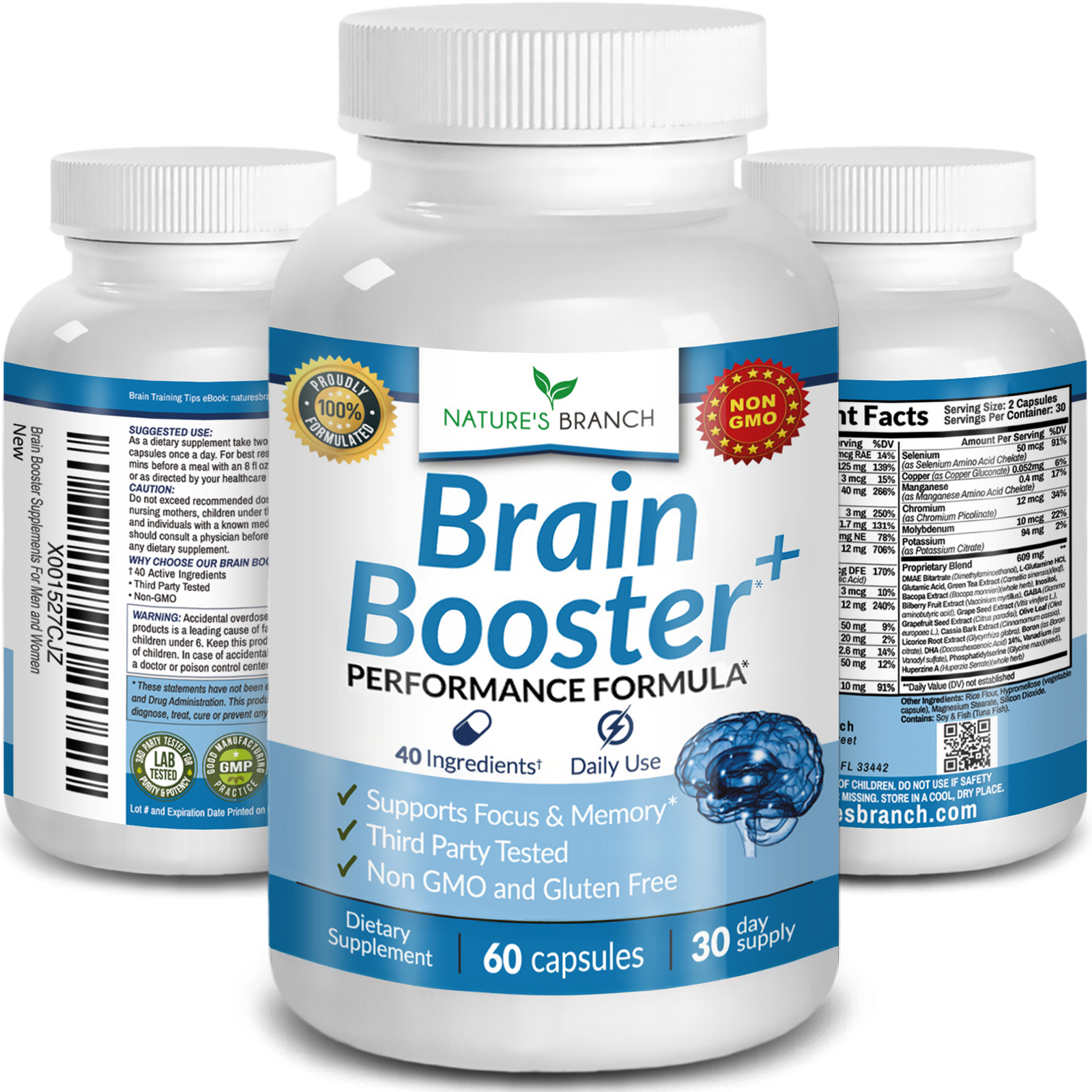




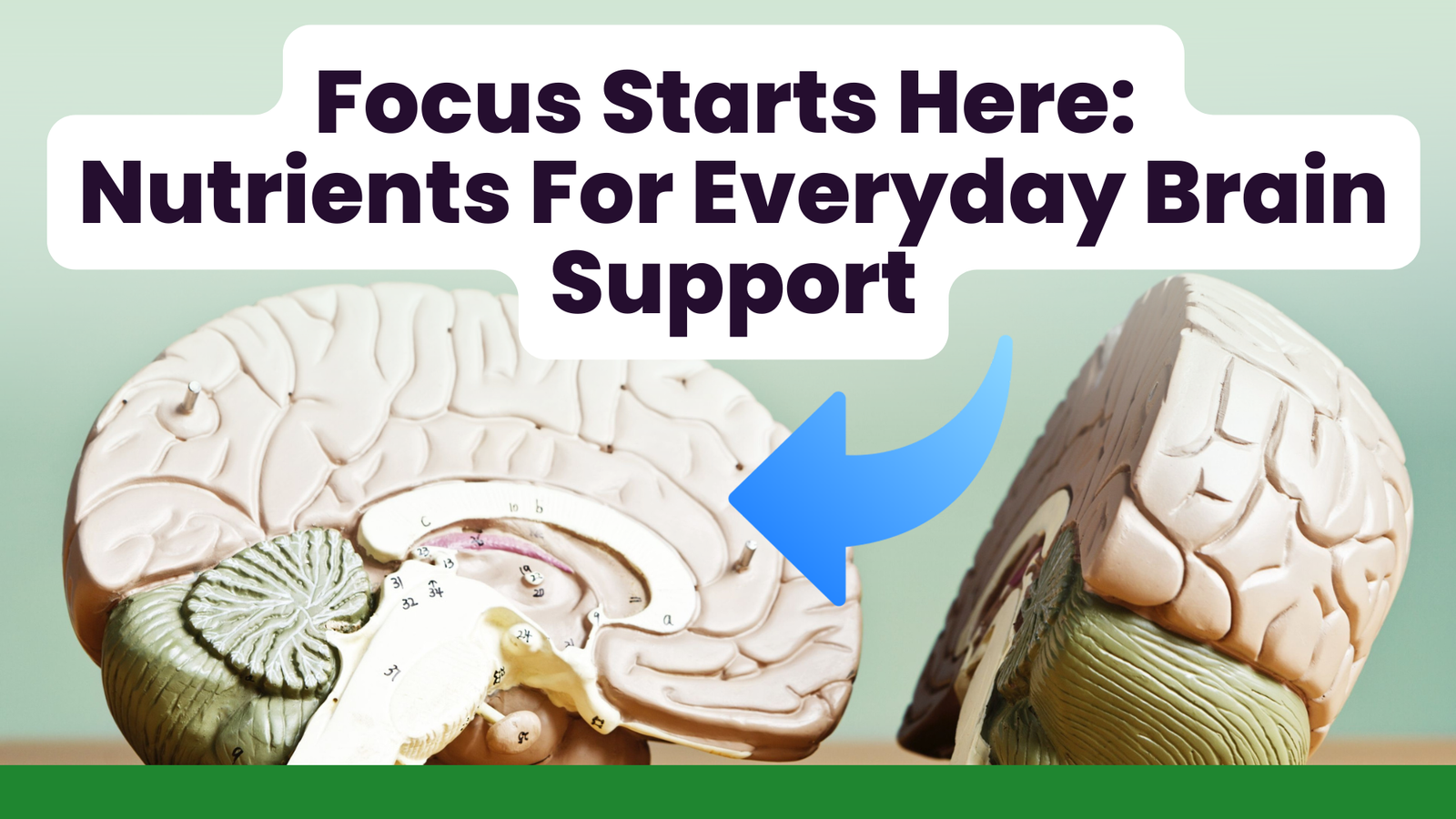
Leave a comment (all fields required)